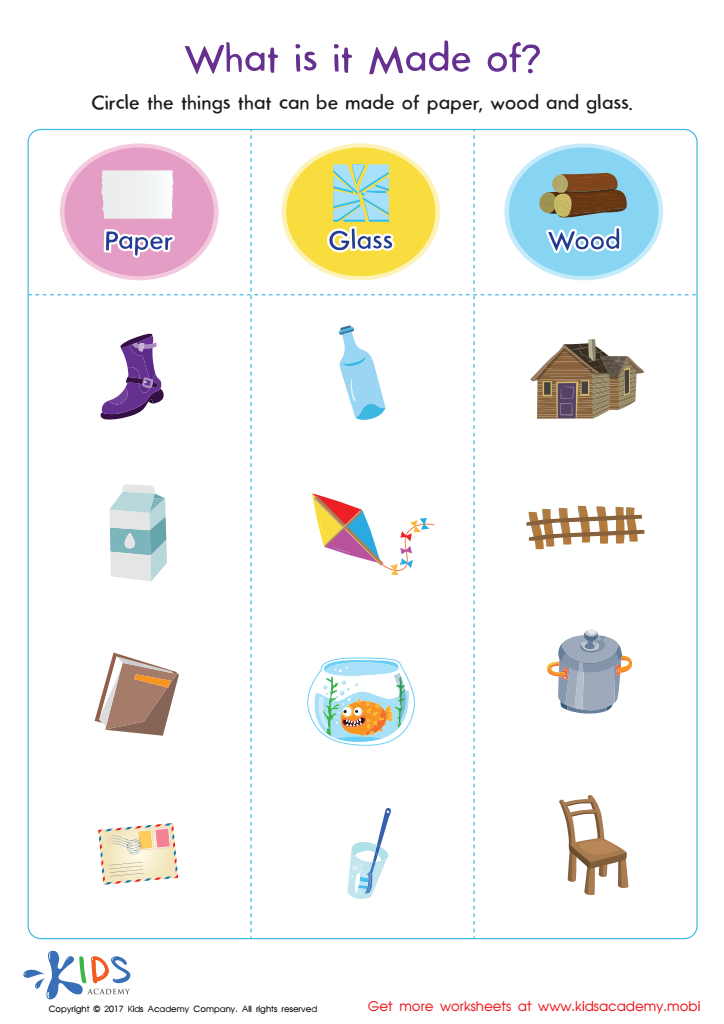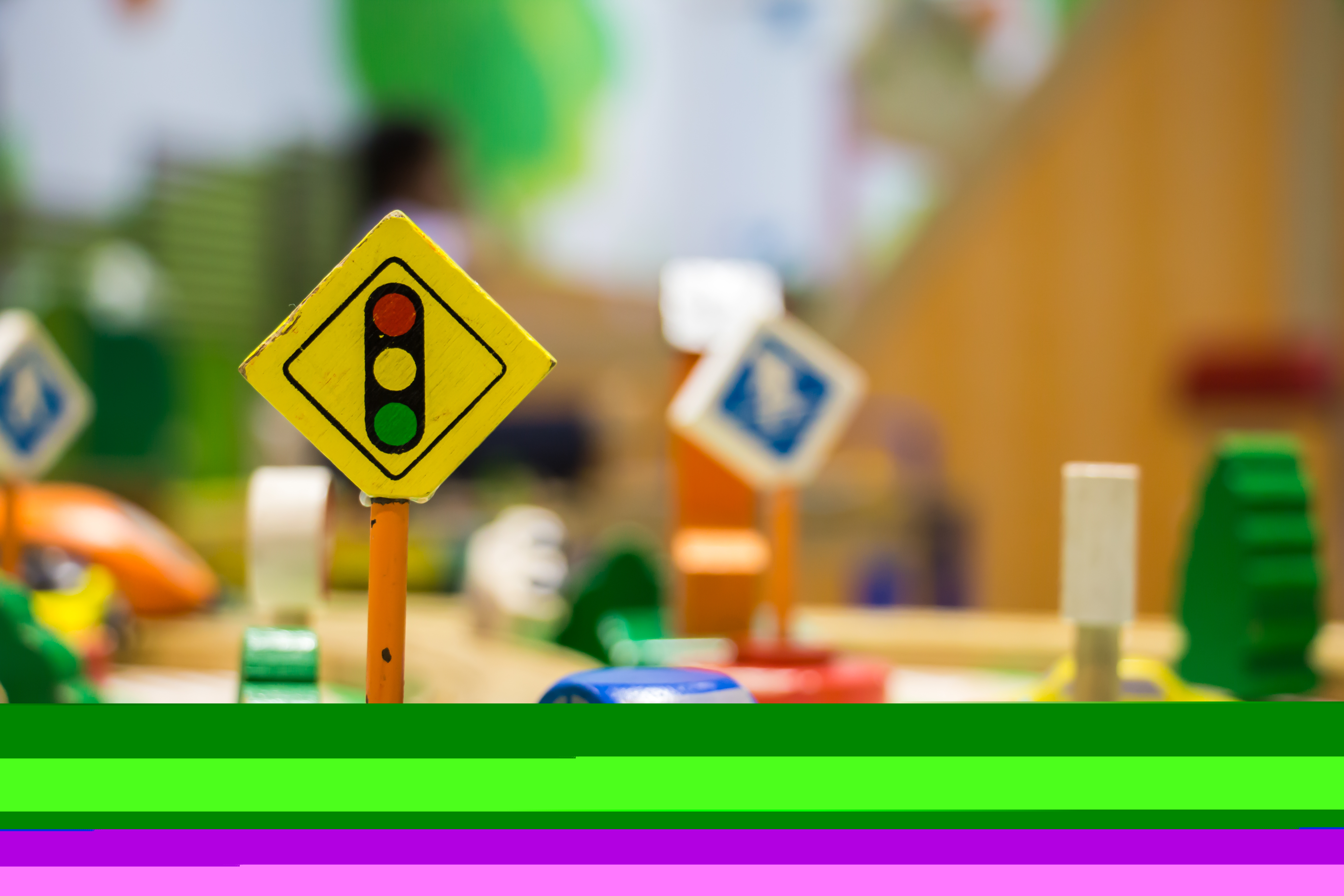Logical Reasoning Social Studies Worksheets for 3-Year-Olds
4 filtered results
-
From - To
Introduce your 3-year-old to the exciting world of logical reasoning and social studies with our expertly designed worksheets! At Kids Academy, we provide engaging and educational activities that combine critical thinking with foundational knowledge of the world. Our age-appropriate exercises make learning fun and interactive, encouraging children to develop problem-solving skills while exploring essential social studies concepts. Catered specifically for young minds, these worksheets seamlessly blend creativity and logic, ensuring your child builds a strong cognitive foundation from the start. Empower their curiosity and set the stage for lifelong learning with our comprehensive Logical Reasoning Social Studies Worksheets.
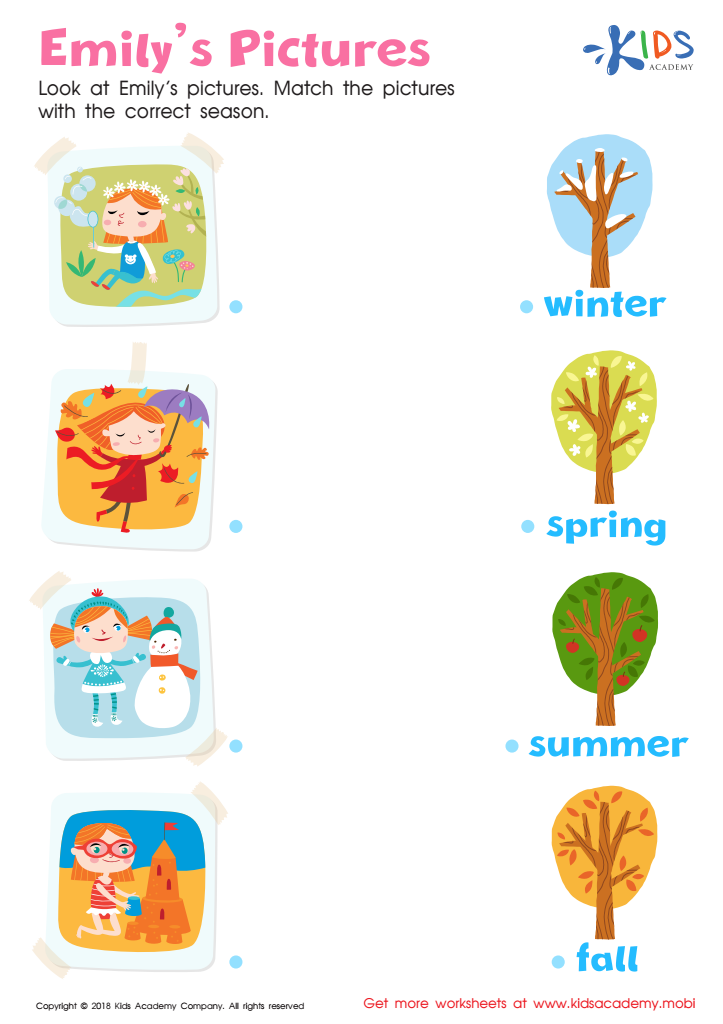

Emily's Pictures Worksheet
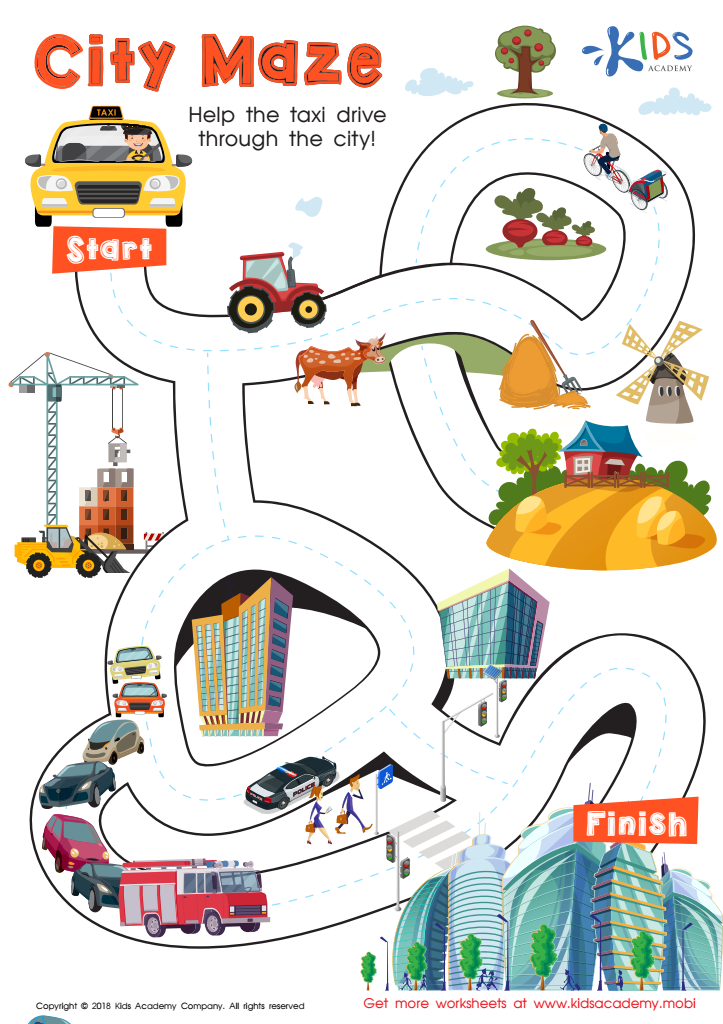

City Maze Worksheet
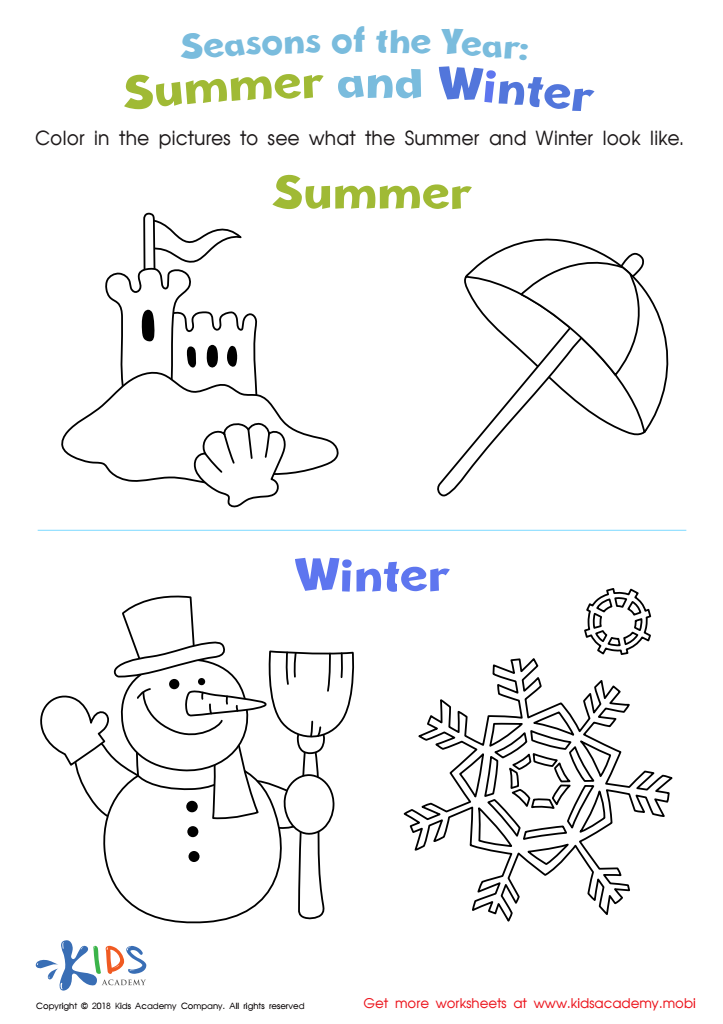

Summer and Winter Worksheet
Parents and teachers should value incorporating logical reasoning and social studies for 3-year-olds as these foundational skills significantly shape young minds. At this formative age, children are highly receptive and curious, making it an optimal time to introduce concepts that bolster their cognitive and social development.
Logical reasoning equips children with critical thinking skills that are essential for problem-solving and decision-making in daily life. Simple activities like sorting objects by different attributes or making choices based on reasoning help to sharpen their analytical abilities. This structured thinking forms the bedrock for future learning in various subjects, including math and science.
Social studies, on the other hand, instill a sense of community and broaden a child's understanding of the world. Introducing basic social concepts—like understanding different roles in familiar environments (family roles, community helpers)—can promote empathy and social awareness from an early age. This early exposure helps children to develop respectful, informed perspectives and nurtures their inquisitiveness about diverse cultures and traditions.
Integrating logical reasoning with social studies makes learning holistic by merging cognitive and social skills seamlessly. This comprehensive approach encourages balanced development, ensuring children are well-prepared for the complex world they are growing into, both intellectually and emotionally.

 Assign to My Students
Assign to My Students
